
views
- Begin erasing your information and stockpiling cash several months in advance.
- Beware of the law. While pseudocide isn’t illegal, creating a fake ID and collecting life insurance are.
- Choose a cause of death like drowning so your body is hard to find. Make it seem accidental or like your own choice so law enforcement doesn’t investigate.
Think twice about faking your own death.
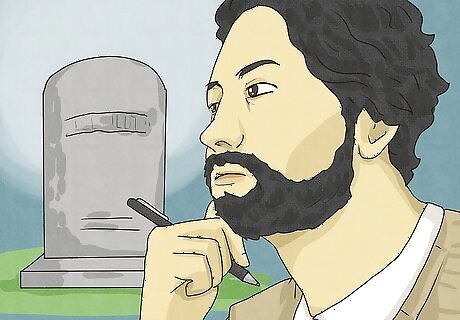
Pseudocide is both logistically and psychologically challenging. It takes time, careful planning, and money, and even then, many people still get caught eventually. Before you go through with it, ask yourself: is your situation dire enough to warrant a fake death? Are there less-difficult alternatives? Can you handle never speaking to family or friends again? Also consider the emotional impact that faking your death will have on your loved ones. Loss is traumatizing. Is it worth putting them through the pain of thinking you’re gone forever? Be prepared for the emotional difficulty of leaving your home and loved ones behind. Lots of people who fake their own death end up returning or confessing, because they miss their old life.
Understand the legal ramifications of pseudocide.
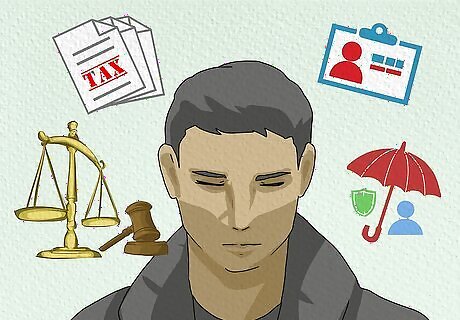
It's difficult to fake your own death without breaking the law. Even though pseudocide itself isn’t technically illegal, you’ll probably have to commit some crimes in order to stay off-the-grid. If you do and you get caught, these could lead to excessive fines or even jail time. For example, creating a fake identity is considered identity fraud. Cashing in on your life insurance policy after faking your death is insurance fraud. If you’re pretending to be dead, you also won’t be able to pay taxes as yourself, which will eventually lead to charges of tax fraud.
Begin erasing your information months in advance.
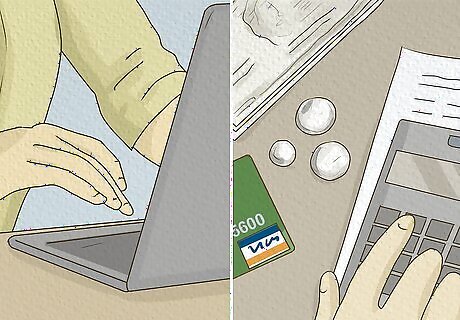
Prepare for your fake death slowly, otherwise people will get suspicious. A lot of people who try to fake their own death do so in a panic. They want to disappear fast, so they leave in a rush and make careless mistakes like taking their laptops or completely clearing their credit cards. To successfully disappear, give yourself some time to figure out logistics and wipe traces of your identity gradually. Start by deleting small, inconsequential evidence of yourself like emails and social media accounts. Then, after a few weeks, move on to bigger things like switching SIM cards or getting a new phone. Clear as much debt as you can before disappearing, but don’t do it all at once. Take a little off each week. Never use your personal devices to research or plan your death. Handwrite important information and use public computers (like the ones in your library) for online planning.
Start stockpiling cash gradually.
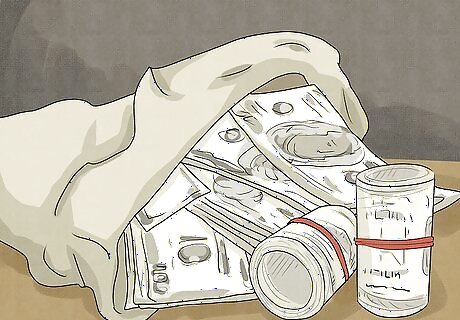
Set aside some cash to fund your new life without a trace. You won’t be able to use your bank accounts or credit cards after faking your death. Save as much cash as you can, but leave a little behind to lower suspicion. Withdrawing all of your money at once would be a red flag, so retrieve and store your money in a safe place slowly. The more cash (and time you have to stockpile it), the better. There is no exact number for how much money you should save to fake your own death. While living off the grid will likely be cheaper than your current lifestyle, you'll also be without luxuries like insurance, streaming accounts, and other things that can leave a paper trail. To budget for a pseudocide, ask yourself: where do you plan on living? How much would it cost to feed yourself and to buy basic necessities? Getting a job is hard (but not impossible) after faking your own death, so you’ll need to have a decent amount of cash to get you through until you find a source of income.
Stage your death.
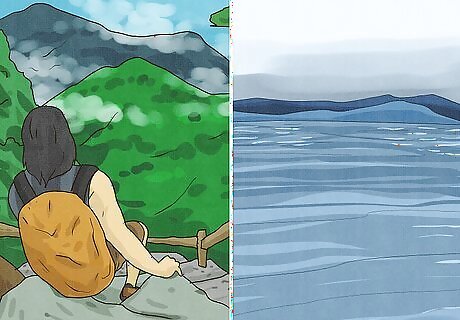
Create a convincing fake death that will trigger very few questions. If you leave a suicide note, law enforcement will be less likely to investigate. If you’d rather not put your family through that, stage an accidental death like drowning or disappearing on a hike. For extra assurance, look into fraudsters who will forge your death certificate and fake a cremation to use for fake evidence. When staging your death, look for scenarios that will make your body hard to find: getting lost at sea, driving off a cliff, etc. No fake death is foolproof. If law enforcement discovers financial, legal, or marital problems, they may investigate further, even if they think you’re gone for good.
Leave some belongings behind to avoid suspicion.
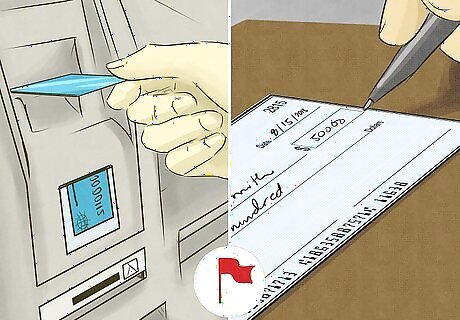
Make it seem like your “death” was accidental (or at least uncalculated). Keep a few credit card accounts open. Leave your laptop and old cell phone behind, but delete your digital footprint. Investigators are good at spotting potential red flags, so scrub all evidence of your plans and only take what you need. Bumping up your life insurance policy and selling all of your assets right before you leave are surefire ways to get caught. Scrubbing too much after you disappear can also tip some people off. It’s unlikely someone who got lost at sea would have a completely cleared search history or be mysteriously missing all of their valuables. Find a happy medium between leaving too much and too little. Generally, the less money and fewer assets you have, the less likely your disappearance will raise suspicions.
Assume a new identity.
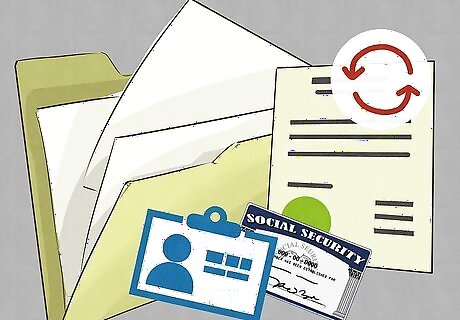
Disguise yourself and create a new name to avoid getting caught. Leave your old identity behind to avoid people recognizing you. Find subtle ways to change your appearance like facial hair, hair dyes, and glasses, so pictures of you are hard to recognize. Then, create an alter ego with a new backstory in case anyone asks questions. Avoid visiting places or traveling with companies that check IDs (bars, planes, etc). Using forged identification is illegal, and obtaining these documents is often costly (sometimes as much as six figures). It’s not worth the stress, risk, or financial strain.
Cut ties with everyone you know.
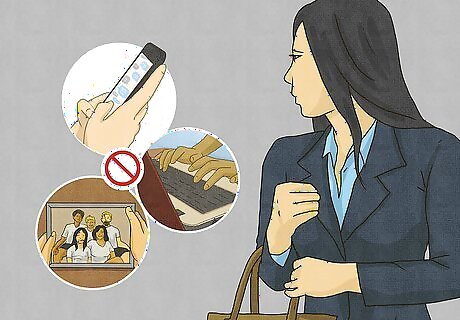
Resist reaching out to loved ones no matter how much you trust them. Don’t log into your old social media or email accounts. Any contact with your old life can easily tip off investigators. Try to make peace with the fact that you probably won’t see your hometown again. Don’t look at yourself online either. While you may get curious about investigations and how your loved ones are handling your pseudocide, your IP address can give away your location.
Lay low immediately after your “death.”
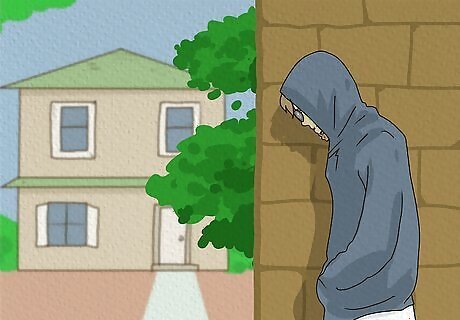
Hide somewhere close and wait out any possible investigations. Check into a nearby flophouse hotel (cheap places usually don’t check IDs as long as you have the cash to cover your stay) or camp out in a secluded area. Load up on non-perishables and keep yourself occupied with books, music, etc. for a few days while your death is still high-profile. Then, after about 7 days, travel to a more long-term location to start your new life. Usually, investigations for missing people cool down after the first 72 hours, but you should probably wait about a week or so before you risk long-term travel. If you have to go out for any reason, disguise yourself.
Move somewhere where you won’t be recognized.
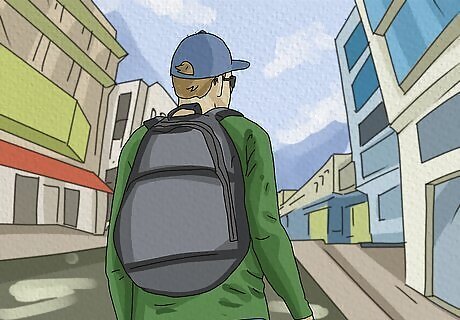
Figure out your destination before you stage your death and travel there. The further from your hometown, the better. It’s totally legal to pay rent in cash in most states. However, creating a rental agreement with bad credit and no paperwork might be challenging, especially if you want to remain inconspicuous. Look for individual landlords instead of large companies and offer to pay more each month to make up for it. While it may seem counterintuitive, move to a big city instead of a secluded small town. You’re more likely to blend in plain sight. Travel by train or bus to your new city. Both of these are low-profile and, as long as you travel domestically, won’t check your ID.
Work under-the-table to support yourself.
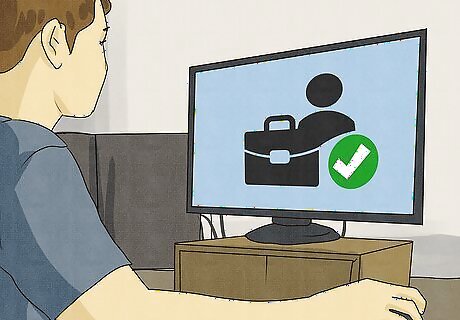
Find a way to make money without paperwork after faking your death. Stashed-away cash won’t be enough to get by forever. You’ll need to earn money so you can afford basic necessities like food and shelter. Since you won’t be able to use any of your degrees or professional certifications in your new life, look for odd jobs that pay cash or find someone who’s willing to pay their employees off the books. Look for unskilled labor positions like farming, cleaning, and food service. Advanced positions will require you to show a fake employment history, which is illegal and will raise suspicion.
Stay private to protect your identity.
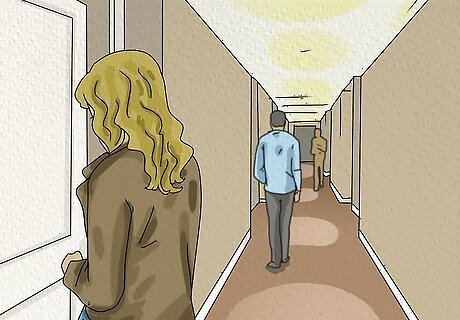
Avoid public places and socializing so you don’t give yourself away. Stay mysterious by speaking minimally about yourself and staying home as much as possible. Be polite, but don’t invest in any friendships. If you feel like people are starting to know too much about you, move somewhere new immediately. When people ask personal questions, try to change the subject as organically as possible. You want to seem shy, not suspicious.












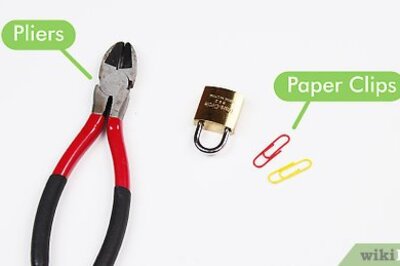







Comments
0 comment